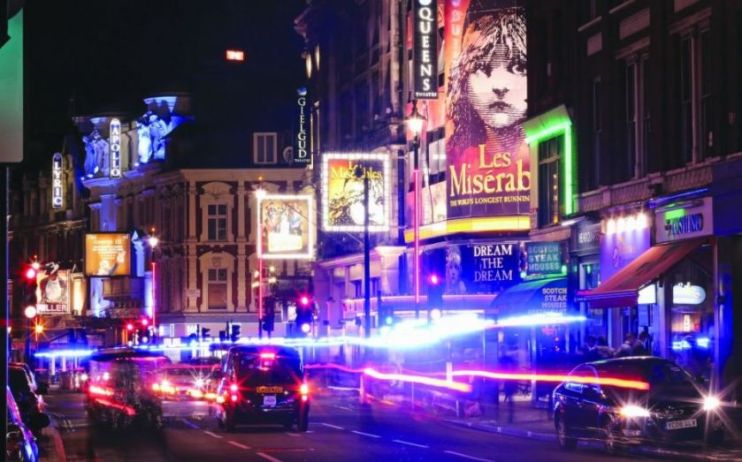Businesses welcome bid to rid London of ‘scourge’ of unlicensed pedicabs

Businesses and MPs have welcomed the government’s plans to rid the City of the “scourge” of disruptive pedicabs which they say have “fleeced” and “ripped off” Londoners and visitors.
Delivering his first King’s Speech in the House of Lords, King Charles confirmed the government would bring in a bill “to deal with the scourge of unlicensed pedicabs” in London.
The vehicles, which see users ride in small wagons on the back of bicycles, often feature loud music, flashing lights and have seen tourists charged up to £450 for short journeys.
Nickie Aiken, MP for the Cities of London and Westminster, who has long campaigned for the cabs to be licensed, said the bill “will make a huge difference to central London”.
She said: It will mean women and girls are safer, tourists will no longer be ripped off and residents won’t be disturbed by blasting music at all hours of the night.
“It’s been one of my major campaigns and I’m absolutely delighted.”
Brought by the Department for Transport (DfT), the Pedicabs (London) Bill gives Transport for London (TfL) licensing powers for the cabs, of which there are an estimated 200 to 900.
They are regulated everywhere else in England and Wales, thanks to a legal quirk relating to the powers granted to the Greater London Authority (GLA).
James Watkins, policy lead at the London Chamber of Commerce and Industry (LCCI), added: “For too long rogue pedicab operators have played fast and loose with the law.
“Too many visitors to our city have been fleeced and intimidated – which has harmed London’s global reputation.”
He added: “This is good news for the reputable pedicab operators, good news for tourists and good news for London. It is only the criminals who will regret that this century old loophole will finally be closed”.
Keith Prince, from City Hall Conservatives, welcomed the proposed law which he said would allow “TfL to crack down on rogue operators by controlling fares, setting safety standards and ensuring drivers are licensed and undergo criminal record checks”.
Minister for London Paul Scully wrote on X, formerly Twitter, that while the bill “eliminates a century-old anomaly” it was a “shame it couldn’t have gone through as a private member’s bill” – a way for backbench MPs, rather than the government, to propose laws.
Prime Minister Rishi Sunak’s plans for the next year are thought to mark his final King’s Speech before a general election, which must come before January 2025 at the latest.
Other measures included leasehold and rental reform, oil and gas licensing and the creation of a national Holocaust Memorial and learning centre in Victoria Tower Gardens.
